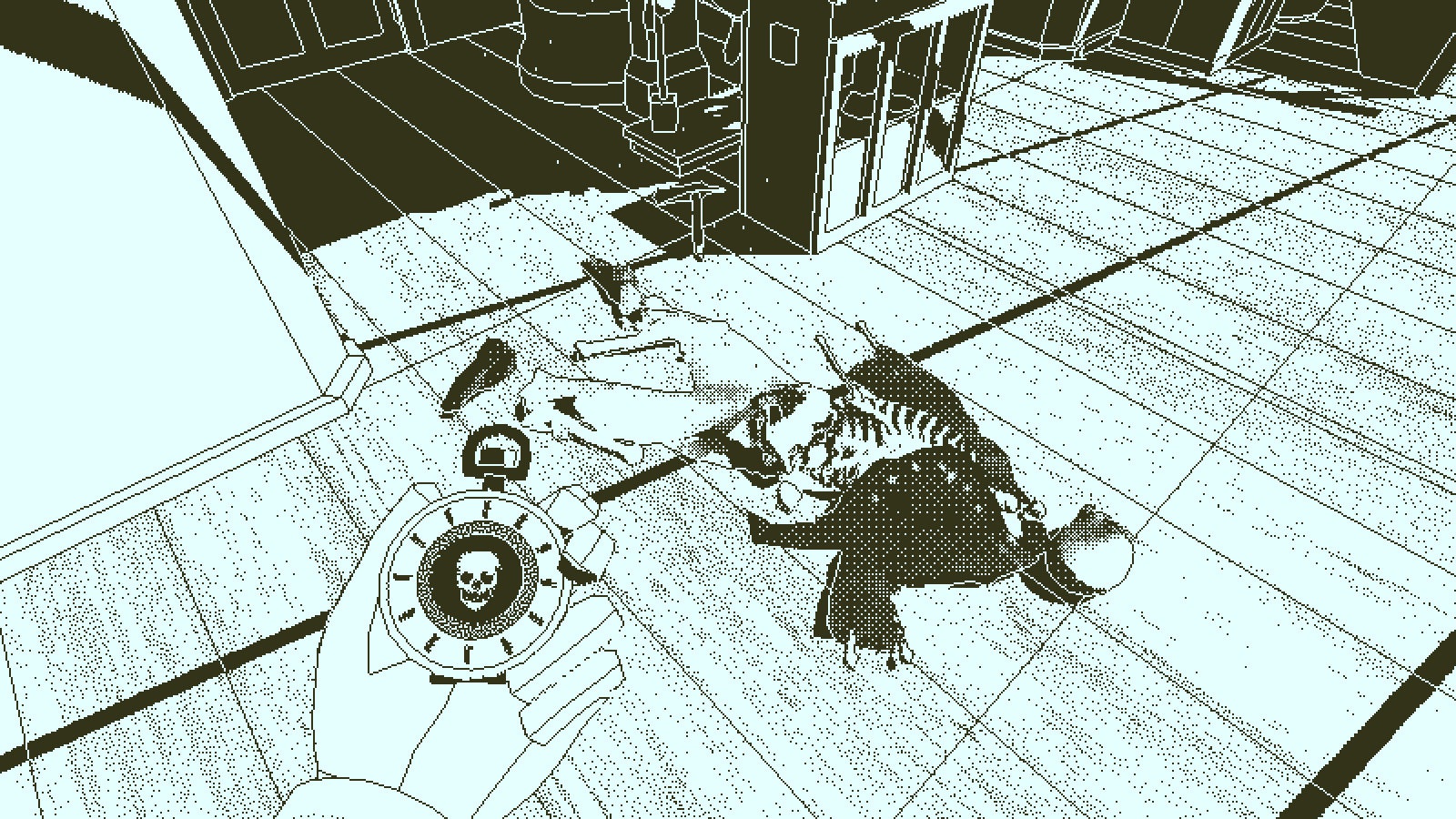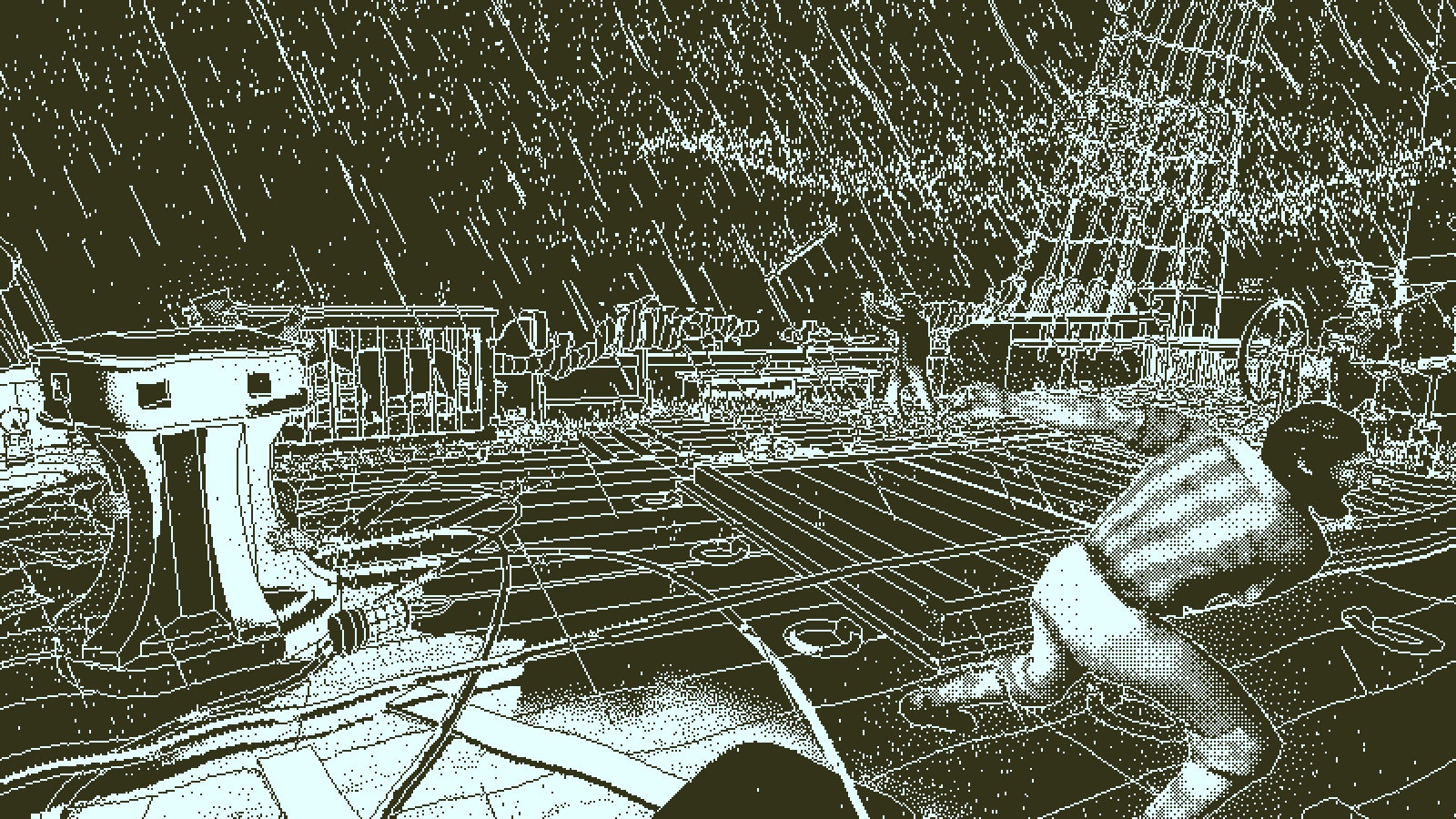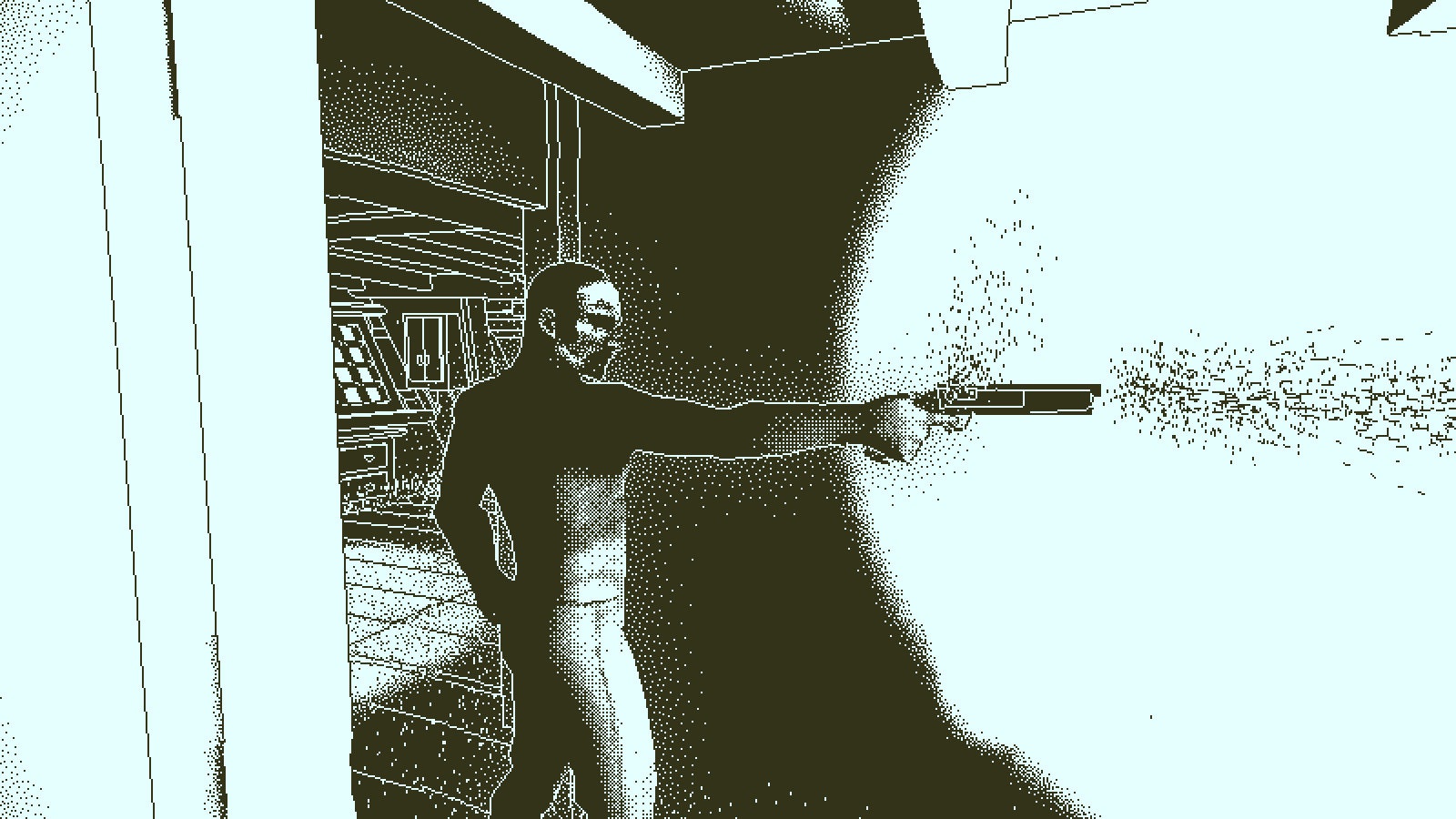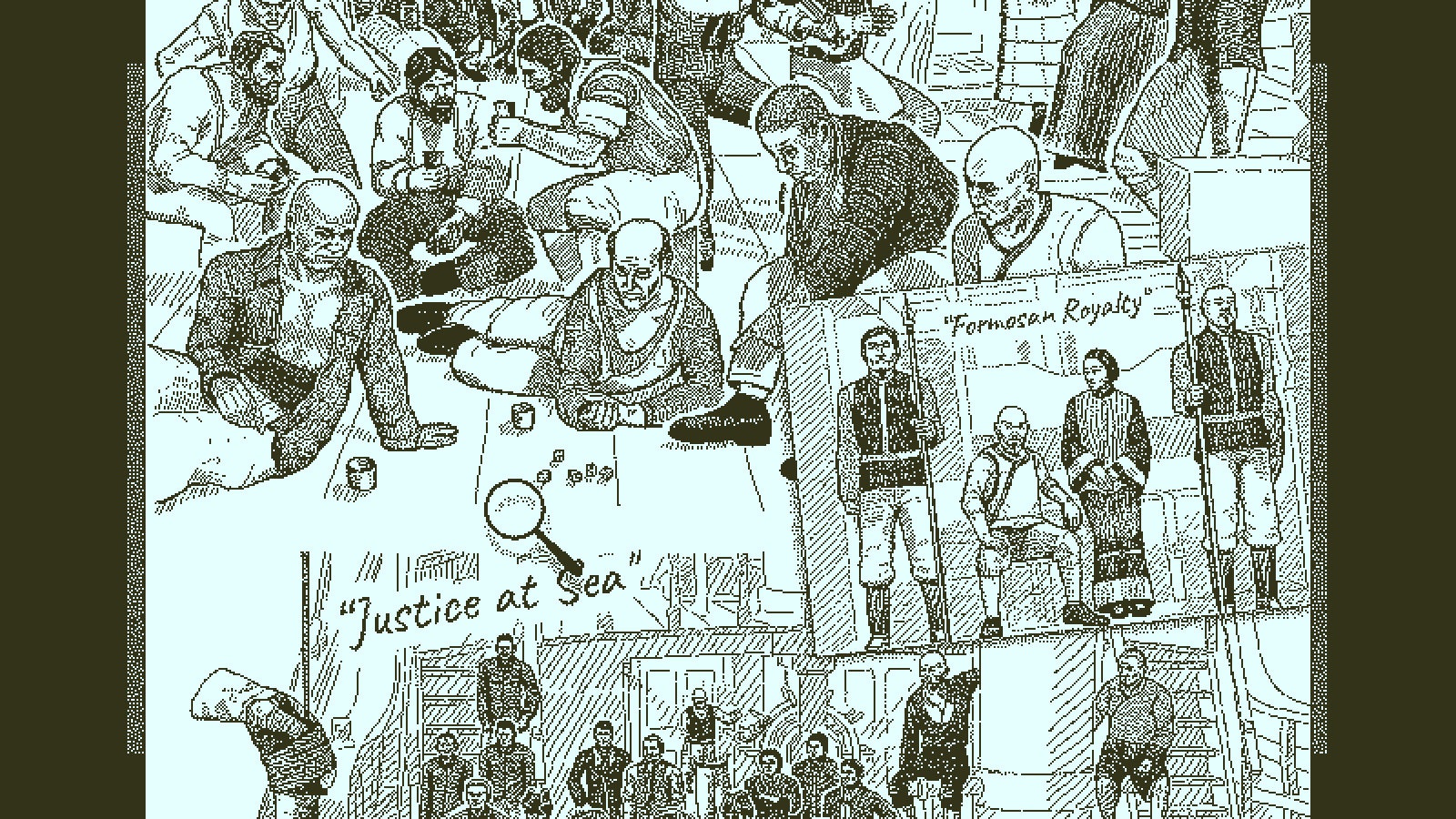
Time travel is often used in fiction as a way to correct the past, or at least try to. When a character screws around with the flow of time, it’s usually out of utter desperation to fix something that sent their whole life veering off course. But for one incredible game celebrating five years since release, time travel is all part of the job.
Return of the Obra Dinn launched on PC October 18, 2018, before finding a much larger audience with its console launch exactly one year later. Before its release, a game about an insurance investigator might not have sounded all that exciting. But thanks to its excellently designed puzzles and unique time travel mechanic, Return of the Obra Dinn makes that quotidian premise thrilling.

Set in 1807, Return of the Obra Dinn casts you as an investigator for the East India Company, which played a major part in England’s brutal colonial expansion. Your case has to do with one particular ship, the titular Obra Dinn. Five years after its mysterious disappearance, the ship has just as inexplicably reappeared without a single crew member left alive to recount what happened. Your job is to scour the ship and recreate the scenes of all 60 of its crew’s demises with the aid of a magical pocket watch that can turn back time.
Using your pocket watch at one of the many places where crew members vanished allows you to see their final moments frozen in time and listen in to the last thing they heard. Aside from that one moment, all you have to help you piece their fates together is a log book full of their names, nationalities, and positions on the ship. Using these two tools, you’ll need to match each name to a particular victim, determining which person each grisly tableau you find represents.
Return of the Obra Dinn is a game of pure deduction. To put a name to each corpse, you’ll need to carefully observe your surroundings, looking for any clues that might reveal their identity. Something as simple as an accent, a nickname, or a symbol of their rank on the ship might be the clue you need to determine their identity.

The game itself never conveniently decides you’ve done enough work and won’t hand you the answer you need. To be sure you’re on the right track, you need to input the name and cause of demise for each crew member into your notebook, using drop-down menus full of all the delightfully ghoulish ways people met their demise on the ship. While the potential answer to every puzzle is sitting right there in your notebook, you need to get three people’s fates correct before the game will confirm that you’ve gotten the right answers, so you can’t just go down the list guessing until you strike gold.
While its puzzles are the star of the show, it would be selling Return of the Obra Dinn short not to mention its gloriously stripped-down art style. Rendered in low resolution with just black and white pixels, its unique visual take recalls both hasty pencil sketches and the displays of extremely old-school computer monitors, looking both stunning and disorienting in motion.
Return of the Obra Dinn is one of the rare adventure games that makes you feel like a real detective when you crack the case. Despite the presence of a magical time-manipulating pocket watch, your best tools are your own logic and intuition. Just following the steps the game itself has laid out for you isn’t an option here.

Since Return of the Obra Dinn’s launch, several great investigative games have followed in its footsteps. The Case of the Golden Idol has a similar blend of comically grotesque crimes and guesswork at its heart — and it also has a sequel due in November if you’re looking for more. In 2020, Kaizen Game Works took the complex logic of Return of the Obra Dinn and ran it through a filter of surrealism and off-the-wall humor. Even the recent Duck Detective owes a debt to the nautical mystery with its notebook-based crime-solving, though it takes a much sillier approach to its story.
Return of the Obra Dinn is about as close to perfect as a game can get for setting itself on a wildly idiosyncratic path and nailing its bizarre vision. Maybe it’s good, then, that there’s no hint of a sequel coming from developer Lucas Pope. Not that we wouldn’t want more, but Return of the Obra Dinn feels so special and so complete that a sequel might just be redundant. Instead, it lives on both as a singularly brilliant work and in the line of cerebral puzzles that have followed in its bloody footsteps.







